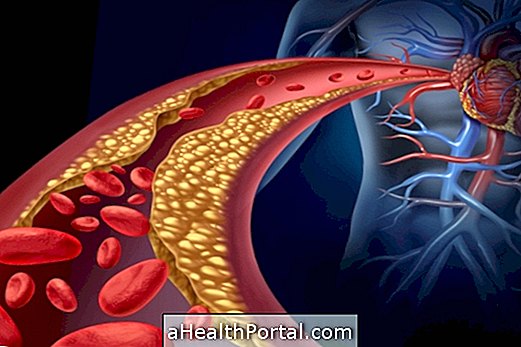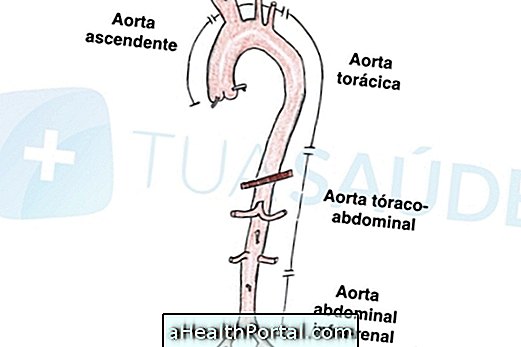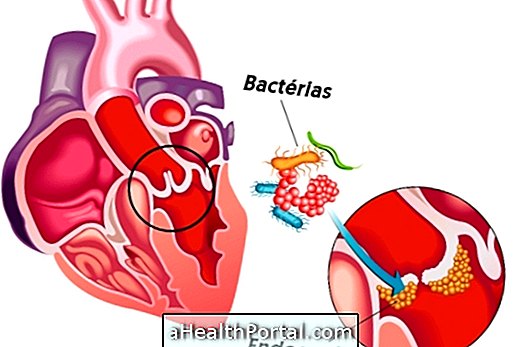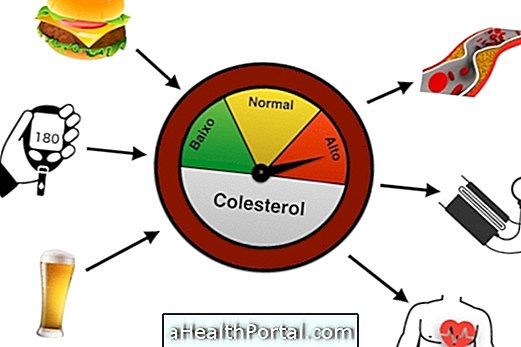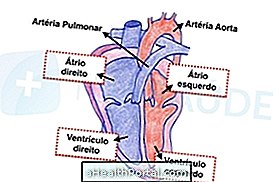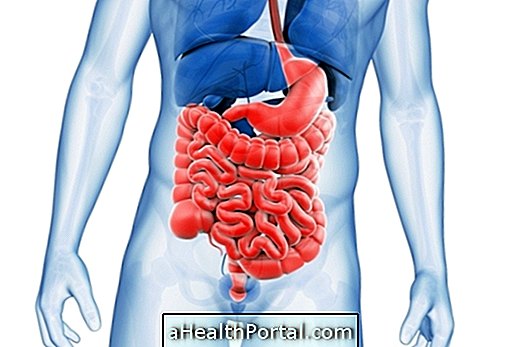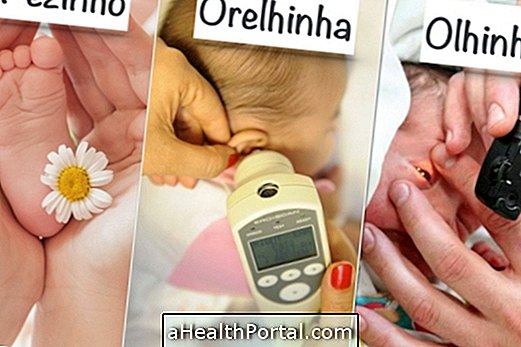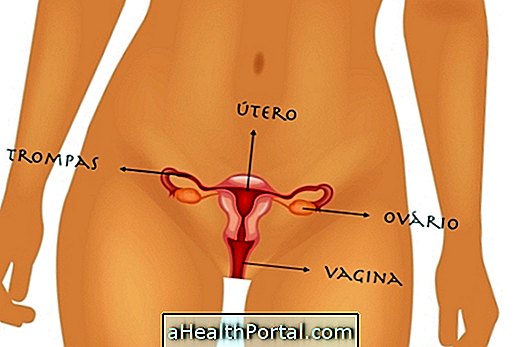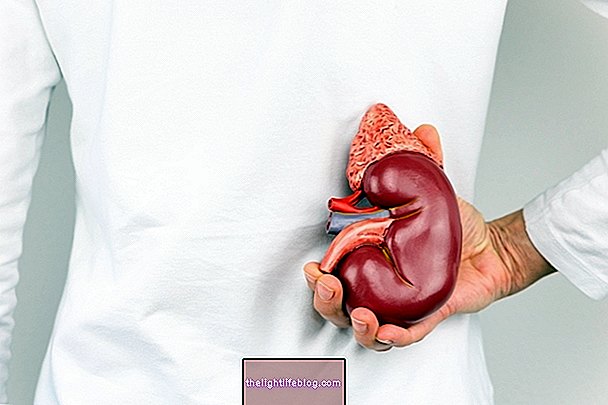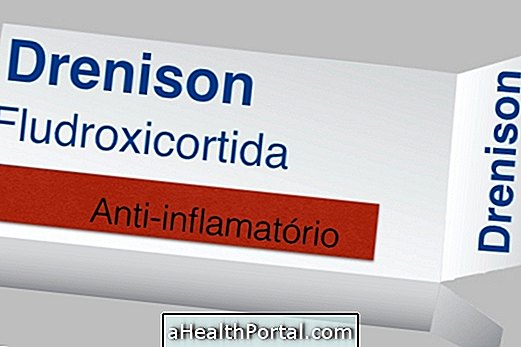Sinus bradycardia is a condition in which the heart starts beating less frequently than normal during rest. In bradycardia, the heart beats at less than 50 beats per minute, while the normal heart rate is between 60 and 100 beats per minute.
Usually, sinus bradycardia has no symptoms. However, as there is a decrease in the flow of oxygen to the heart, the person may feel tired, weak and have episodes of dizziness. It is recommended to go to the cardiologist for tests and if there is a diagnostic conclusion.
Treatment is established by the cardiologist depending on the symptoms, causes and severity of bradycardia, and a pacemaker may be required in the most severe cases. The best way to prevent bradycardia is through regular physical exercise and healthy eating, which influences the health of the heart.
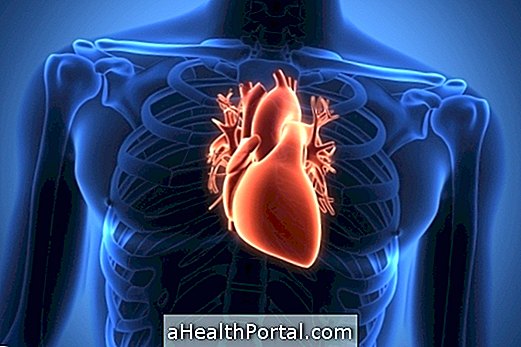
Main symptoms
Usually the only symptom associated with bradycardia is the decrease in heart rate, however, because there is a decrease in oxygen supply to the heart, one of the following symptoms may occur:
- Tiredness;
- Weakness;
- Dizziness;
- Shortness of breath;
- Vomiting;
- Cold skin;
- Chest pain;
- Decrease in pressure.
As soon as the symptoms of sinus bradycardia arise, it is important to go to the cardiologist so that the diagnosis can be made and treatment established. The diagnosis is made through the evaluation of the patient's symptoms and physical examinations.
In addition, the physician may be asked to perform some laboratory tests to check whether sinus bradycardia is related to infections, hypothyroidism, or a change in the amount of electrolytes (calcium or potassium) in the blood, for example. An electrocardiogram is also usually done to confirm the heart rate. See how the electrocardiogram is done.
Causes of Sinus Bradycardia
Decreased heart rate can occur during sleep and in people who exercise regularly, such as running and cycling athletes, for example, what is considered normal. However, bradycardia may be caused by some cardiac or physiological conditions, the most common causes being:
- Sinus node disease;
- Infarction;
- Hypothermia;
- Hypothyroidism;
- Hypoglycemia;
- Decreased potassium or calcium levels in the blood;
- Use of medications for hypertension or arrhythmia;
- Exposure to toxic substances;
- Sleep apnea, which corresponds to a momentary stop of breathing or shallow breathing during sleep.
In less common situations, sinus bradycardia can happen due to infections with viruses or bacteria, such as diphtheria, rheumatic fever and myocarditis, which is an inflammation of the heart muscle caused by infection with viruses or bacteria. See the main symptoms and how to treat myocarditis.
How is the treatment done?
The treatment is done according to the cause, symptoms and severity, and the cardiologist may be advised to treat hypothyroidism, for example, if this is the cause of bradycardia, the change in medications taken by the patient or, in more severe cases, the use of a pacemaker, which is a surgically placed apparatus which aims to regulate the heart rate in the event of bradycardia, for example. Learn more about heart pacemakers.
To prevent bradycardia from occurring and mild to onset of symptoms and possible complications, it is recommended that regular physical exercise and cholesterol and blood pressure control be performed through a healthy and balanced diet. In addition, it is important to have stress control, avoid smoking and excessive drinking, and perform cardiological checkups periodically.
